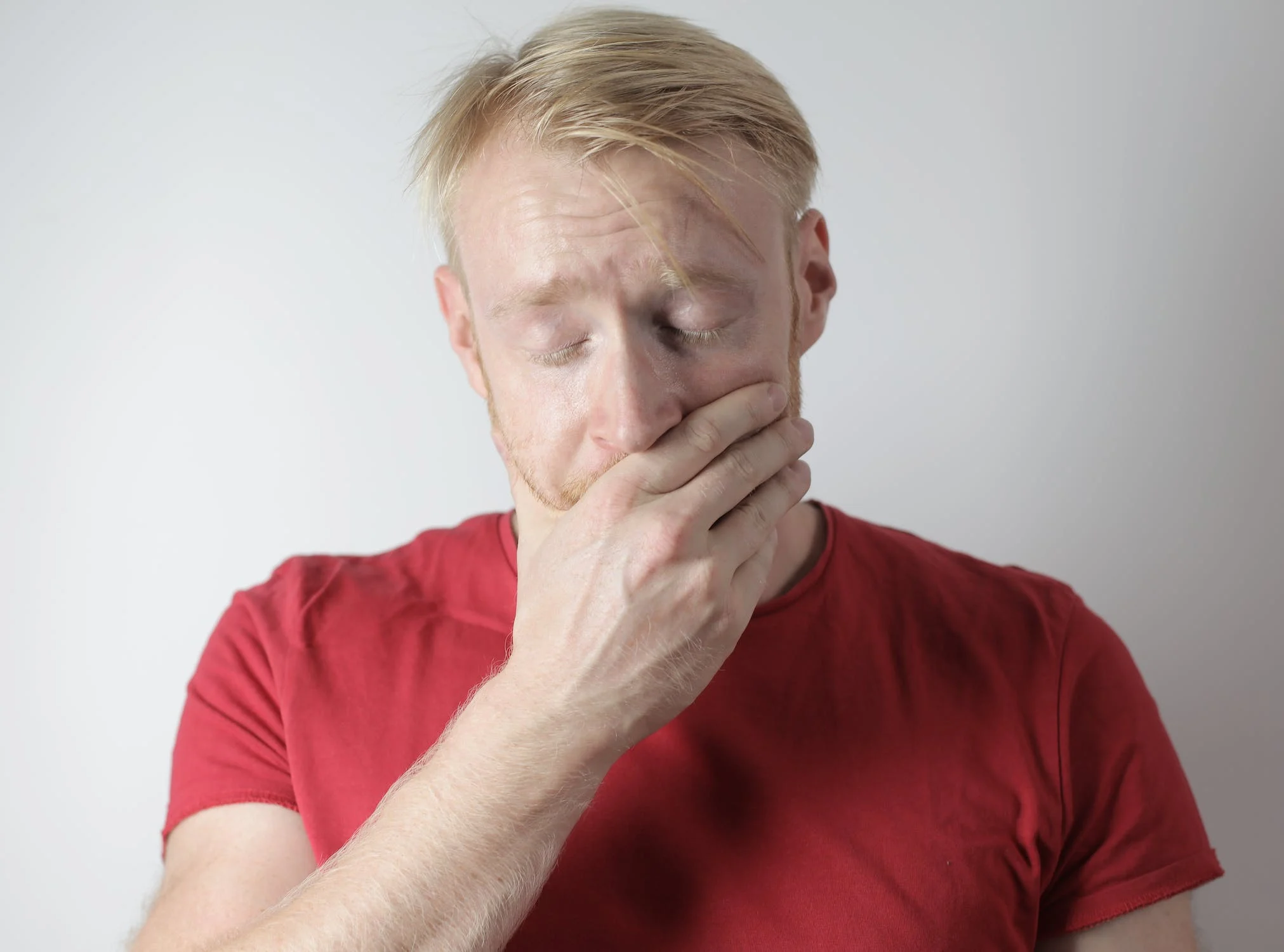Having a toothache at any time of the day can be disruptive. But having one at night can pose even greater challenges, making it hard to fall asleep.

If you have a toothache at night and it’s not an emergency, getting relief at home will help you sleep. This way, you can get to a Bethpage dentist the next day and have your toothache checked out.
Until the dentist can see you, try these tips for getting rid of a toothache at night.
Over the Counter (OTC) Pain Medications
Taking OTC pain medications is one of the most common ways to relieve a toothache that is bothering you at night. Acetaminophen or ibuprofen tends to work best for mild and moderate aches and pains.
Cold Compress
Grab a pack of ice and wrap it in a towel, then place it on the exterior of your jaw near the site of your toothache. Cold helps constrict blood vessels, making for a soothing way to reduce pain. Use it for about 15 to 20 minutes at a time every few hours before you go to bed.
Keep Your Head Elevated
When you lay down to sleep, prop up your pillows to keep your head elevated. Laying flat will cause blood to pool in your head, which may lead to more inflammation and pain. You may find that keeping your head up brings plenty of relief that allows you to fall asleep.
Oral Ointments
You may also find some relief with OTC oral ointments. These numbing gels usually contain benzocaine which can numb the area and soothe the pain. However, be advised that benzocaine is only suitable for adult use. If you have a child with a toothache, it’s important to never use these types of oral numbing ointments on them.
Saltwater Rinse
Since saltwater is naturally antibacterial, it may help reduce inflammation in your mouth. By reducing inflammation, you can protect any damaged teeth from infection. Swish a mixture of warm water and salt in your mouth to get relief and help dislodge any food particles irritating your teeth or gums.
Hydrogen Peroxide
Rinsing with hydrogen peroxide can also soothe toothache symptoms, but never use it when it’s pure. It’s important to dilute the hydrogen peroxide with water before using it as a rinse.
Mouthwash
Mouthwash that contains alcohol can also help. It will both numb and disinfect your teeth, making it easier to sleep.
Stay Away from Certain Foods
If you have a toothache at night, make sure you don’t eat anything that is hard, acidic, or cold. Foods and beverages with these qualities can cause further aggravation and may trigger more pain.
Natural Remedies
Some say that natural remedies are the key to relieving a toothache at night, but it’s a good idea to ask your dentist first before trying them. Also, if you have allergies, some of these may cause a negative reaction.
Peppermint tea may be a great natural reliever for toothaches. Peppermint contains menthol, which may create a slight numbing effect for tooth sensitivities.
Similarly, cloves contain eugenol, which can reduce tooth pain. Eugenol is an analgesic that numbs the area. You can soak ground cloves in water to form a paste, then smear this paste on your aching tooth. If you only have whole cloves, you can gently suck on one, keeping it near the site of pain in your mouth.
If you have garlic, you may find it a helpful way to relieve a toothache at night. The main compound in garlic, allicin, is a known antibacterial agent. Chewing a raw garlic clove releases the allicin in the garlic, which may kill off the bacteria in your mouth that is causing you pain.
Why Are Toothaches Worse at Night?
You can end up with a toothache at any hour of the day, but the pain may seem worse at night. It’s not your imagination, largely because at night, when you lie down in bed, your blood rushes to your head.
With extra blood in the area, you may become more sensitive to the throbbing pain and pressure from your toothache. Night tends to be quieter too, and with fewer distractions, you may only be able to focus on your toothache.
Try these tips for getting rid of a toothache at night, and be sure to see your dentist the next day. However, if you experience fever and chills along with the toothache, it’s important to get immediate emergency medical care.






